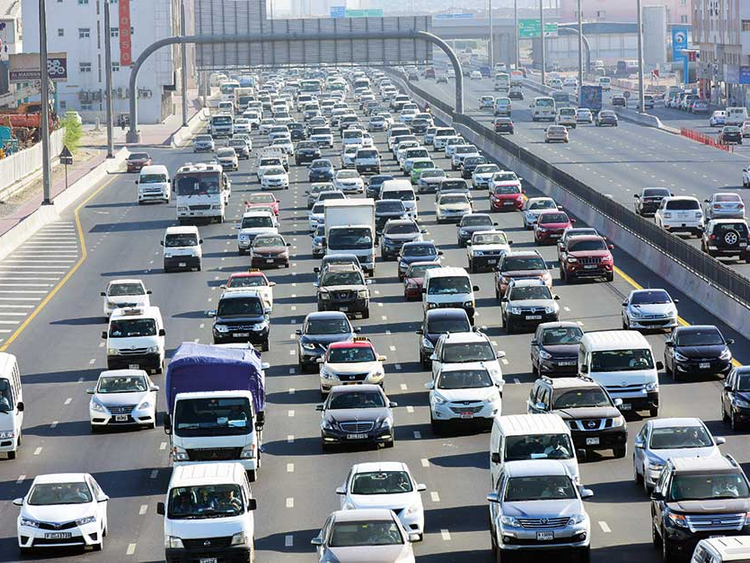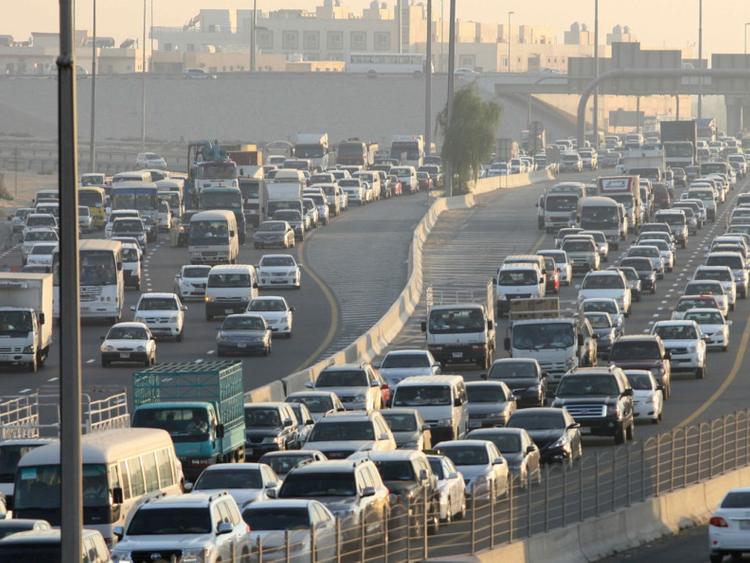The maximum speed limit revision for Shaikh Mohammad Bin Zayed Road and Emirates (Bypass) Road from 120kmph to 110kmph from October 15 is a good move. Motorists should welcome this as another measure that aids their safety, given the spate of accidents on these two highways over the last couple of years. According to Dubai Police, 60 per cent of these accidents have been due to speeding. This year alone, 99 accidents occurred on Shaikh Mohammad Bin Zayed Road, leading to six fatalities and 78 people being injured, while last year saw 196 accidents that led to 33 deaths. Emirates Road too has had its share of accidents — 40 so far this year with 10 fatalities.
Clearly, such numbers call for intervention and the authorities have responded in the right way. Therefore, it behoves the public to view the revision in the maximum speed limit as a reminder to rethink their driving styles on highways that are necessarily built for huge traffic volumes. For instance, Shaikh Mohammad Bin Zayed Road can handle 12,000 vehicles per hour and Emirates Road has 6,442 vehicles travelling per hour towards Abu Dhabi. By any measure, these are big numbers attesting to the scale and scope of the highways and which ask motorists to use common sense, restraint and discipline when behind the wheel. But sadly, the fatality count over the years reveals that for many of them, these indispensable virtues were entirely dispensable.
Now, motorists will hopefully come to the realisation that in the absence of responsible driving by some of their ilk, the authorities were forced to reduce the speed limit in the interest of public safety. That can only be a good thing.










